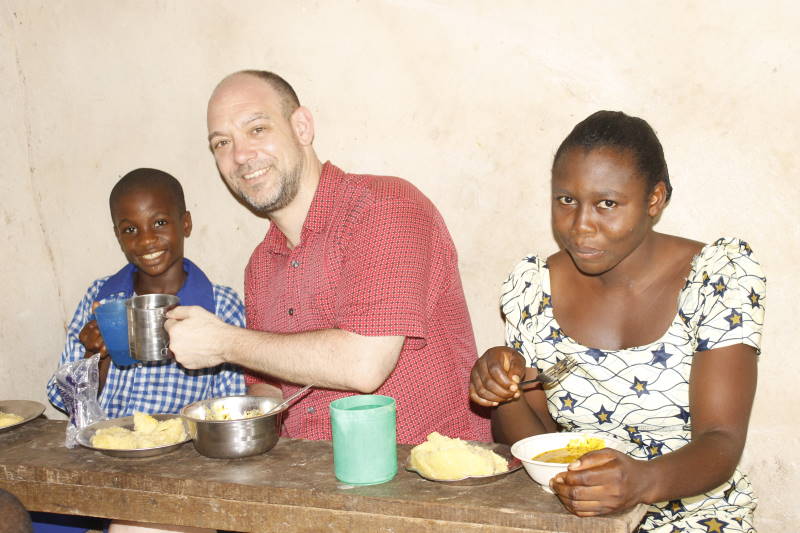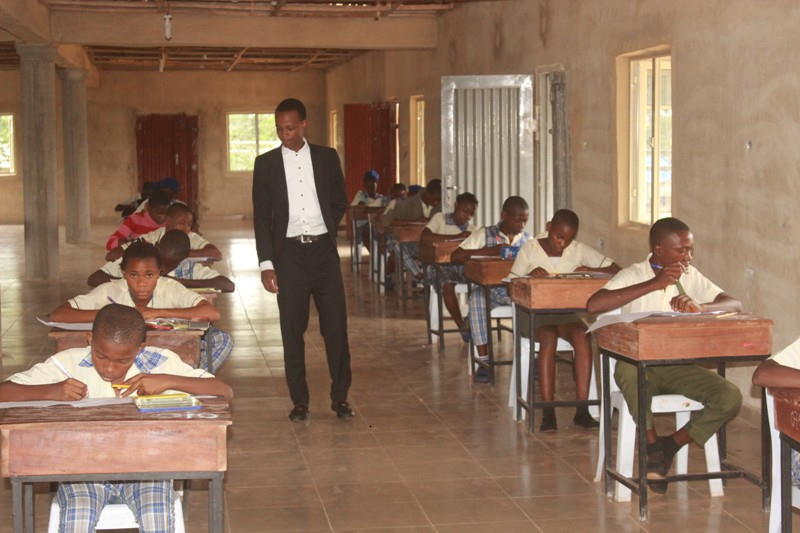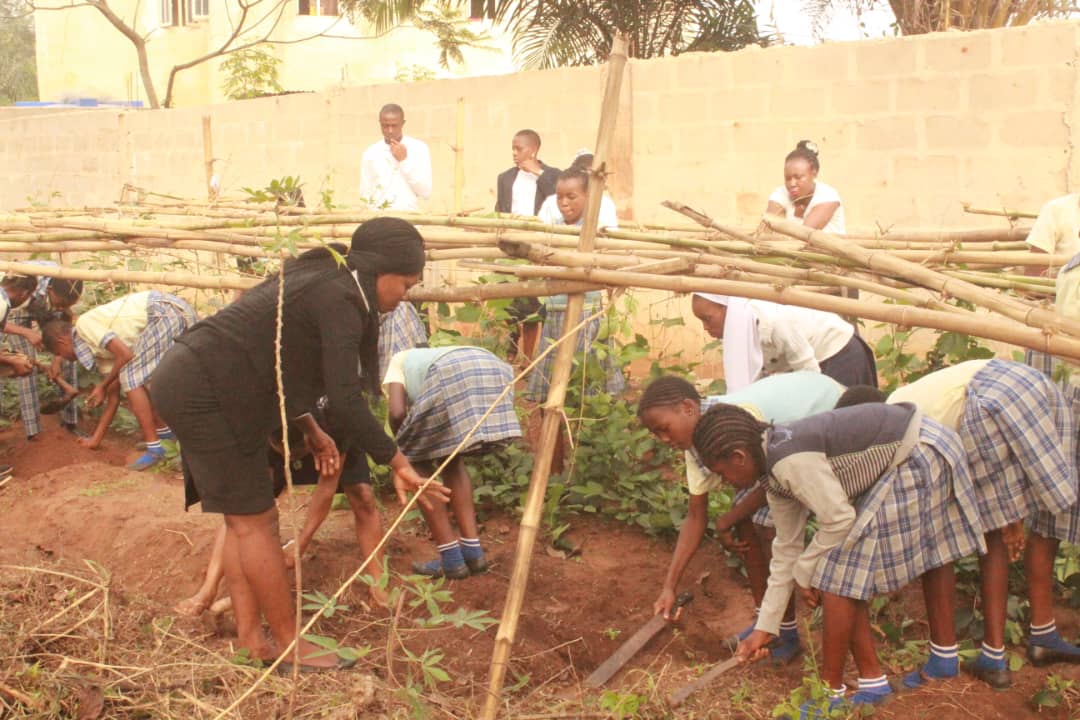Programs
Poverty Relief
In remote rural villages, people live by subsistence farming or roadside vending of nondurable and cheap consumable goods. Public and private social services such as medical care and quality education are almost non-existent. Food insecurity and susceptibility to infectious disease is common along with complications arising from them. Thus, HEAL must provide food, clean water, basic medical care, and shelter just to attract children to school, where they are then introduced to the value of formal education.
Education
HEAL’s two schools are respectively located remote rural villages in Imo State, Nigeria. Staffed by missionary educators and administrated by the Messengers of Justice Sisters, our schools provide formal, technical, and Christian religious education. Students receive six years of primary and six years of secondary education with a standard academic curriculum and effective pedagogical techniques. They learn agricultural science in the classroom while acquiring practical agricultural skills via the planting, cultivating, and harvesting of various crops for community use!
Dean of Students, Ikechi Gift, monitoring terminal exams.
Entrepreneurship
HEAL students will be self-starters, able to create a livelihood for themselves and their future families. To become transformative Servant Leaders (Mt. 20:28) for the emancipation of their villages and their nation, students must acquire entrepreneurial qualities and skills. HEAL will provide graduates with micro-financing for start-up businesses and financial services including health and life insurance. In this way, HEAL’s relationship with the student shifts from that of educational formator to a business partner invested fully in his or her success!
BOMCA teacher, Martina Maadu, training students in agriculture.



